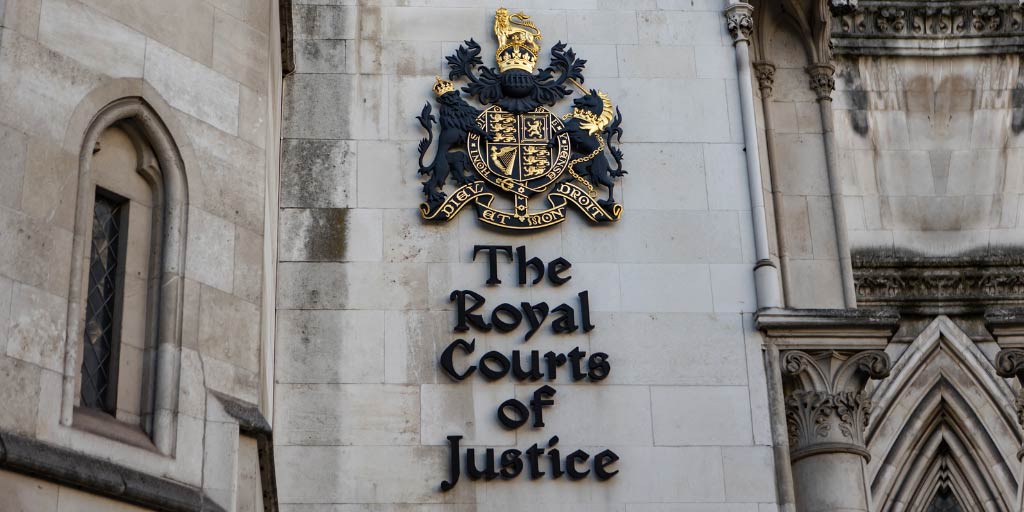
Category: law law
lawPrivate landlords now fall within the scope of new anti-money laundering (AML) regulations, after the government has cracked down on the various methods criminals can move or conceal illegal earnings. We explain how you can comply with these.
Historically, AML rules applied more to letting agents. However, the property market can be misused by criminals at many different levels, as the government has uncovered.
Aiming to tape over the few remaining legal gaps in the private rental sector (PRS), the government has introduced new laws that affect all landlords, whether they operate with a property agent or not, and regardless of how much their rents are.
Customer Due Diligence
Landlords are required to perform Customer Due Diligence (CDD) on all prospective tenants. This involves detailed verification of a tenant’s identity, as well as proof of address and legitimate income.
Standard documentation can be used for this, namely passports or driving licence for proof of identity, as well as utility bills, bank statements, and council tax bills for proof of address. Any documentation would have to be retained for at least 5 years.
Tenants have to be screened against the UK Sanctions List, which would allow landlords to see if they have any travel bans or asset freezes in place.
Any positive matches or suspicious findings over the course of these CDD checks, and a landlord would be obligated to freeze all transactions and report this to the Office of Financial Sanctions Implementation (OFSI) immediately. Suspicious activity can include refusal to provide IDs or use of unusual offshore payment sources.
Of course, landlords are also subject to much of the same due diligence checks from property agents. Crucially, both landlords and tenants would have to be checked annually for as long as a tenancy is in place.
Failure to comply with the new AML rules can result in a fine of up to £1 million or 50% of the property’s value – whichever is greater. The threat of up to 7 years’ imprisonment is also on the table for especially bad cases. The OFSI can also blacklist rogue landlords and agents from the property sector.
It’s expected that major online property platforms like Zoopla may require agents and landlords to show evidence of AML compliance before they allow them to post property listings.
Still gaps to fill
Despite these efforts to seal every possible money laundering loophole, there is still some uncertainty surrounding the responsibilities of letting agents in particular scenarios.
In the case of agents handling rent on a landlord’s behalf, their responsibility is a given. However, agents who only found a tenant on behalf of a landlord, but otherwise have no involvement in the tenancy, lie in more of a grey area.
How else can landlords prepare?
Working alongside third parties will be the most efficient way for landlords to conduct all the necessary checks. Dedicated verification service providers may charge letting agents. These fees may turn may be passed on to landlords.
Some landlords may decide to go solo in order to avoid these potential costs, but as we have covered, compliance failures can come with dire consequences, so landlords doing these checks independently will have to be extremely careful.
